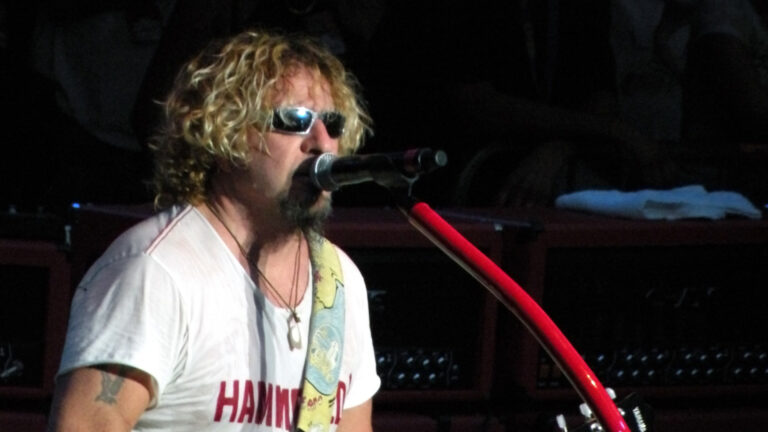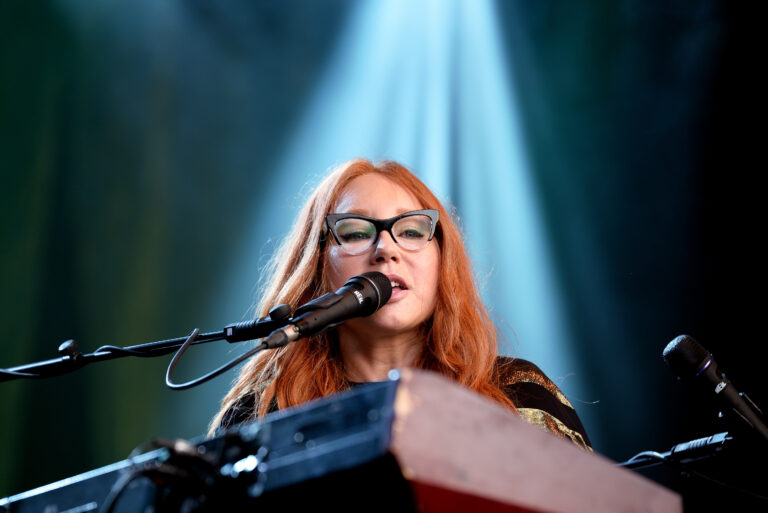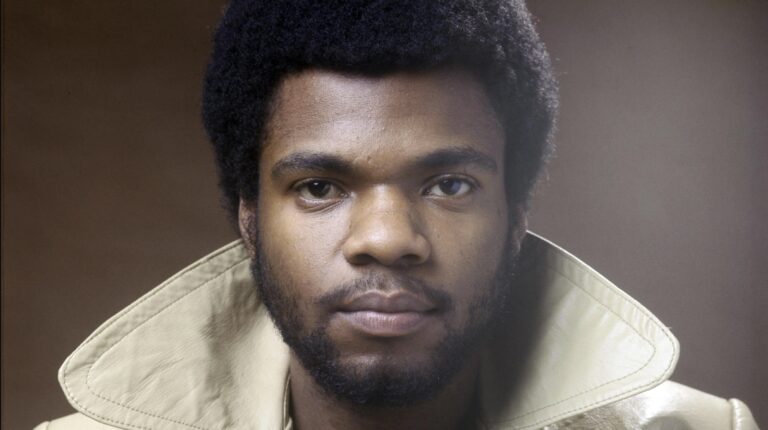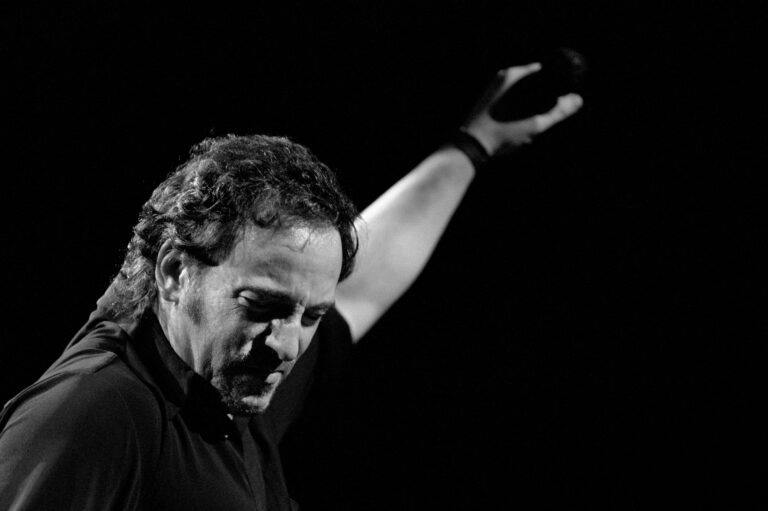
Judge Denies Diddy’s Request for House Arrest

Sean “Diddy” Combs, the renowned music mogul, remains in the limelight amid serious legal challenges. His request to be placed under house arrest as he awaits trial has been met with firm opposition, underscoring the gravity of the charges against him and the concerns from the judicial system. Diddy, facing charges of racketeering conspiracy and sex trafficking by force, among others, had proposed being confined to his luxurious $35 million mansion on Florida's exclusive Star Island as an alternative to incarceration at the Brooklyn Metropolitan Detention Center. His legal team suggested that such an arrangement would come with stringent conditions, including no access to boats despite the property having a private dock, to ensure security and prevent any risk of escape.
However, U.S. District Judge Arun Subramanian dismissed the proposal outright, deeming that staying at such a high-profile property could not mitigate the risk Diddy reportedly poses, given the charges of obstruction and interference with witnesses. This decision was influenced by the perception that Diddy could leverage his resources to influence his trial's outcome, and prosecutors have argued that his previous interactions suggest he cannot be trusted to adhere to release conditions.
Following the rejection of Star Island, Diddy's defense team offered an alternate plan for him to be placed under house arrest at his Upper East Side apartment in New York, ensuring rigorous surveillance measures. The plan outlined provisions for round-the-clock security and strict restrictions on his communications, allowing contacts only with his legal representatives and barred internet access. Additionally, stringent visitor restrictions would apply, requiring pre-approval by the court for any family visits.
Despite these proposals, the consistent denial of bail reflects the court's stance on maintaining tight control over Diddy due to the severity of the allegations and his potential influence as a wealthy celebrity. Prosecutors have been persistent in arguing against any form of release, citing attempts by Diddy to allegedly engage in unauthorized communications while detained, which could potentially subvert the legal process.
This ongoing case has been a focal point in public discussions, raising questions about the criminal justice system's handling of high-profile defendants and the balance between legal process and celebrity privilege. Although Diddy has pleaded not guilty to all charges, the upcoming trial set for May 2025 will be a definitive moment in resolving these allegations. As final decisions regarding bail are anticipated, the legal proceedings continue to captivate public attention, placing a spotlight on the intricacies of celebrity justice in the modern era.
Key Takeaways
-
www.usmagazine.com | Judge Arun Subramanian swiftly rejected Diddy's house arrest proposal during a court session.
-
www.dailymail.co.uk | Attempts by Diddy's legal team to obtain house arrest, positioning him at his Miami mansion or a Manhattan apartment with high security, were repeatedly rejected by the court.
-
www.hotnewhiphop.com | Diddy faced allegations of racketeering conspiracy, sex trafficking by force, fraud, or coercion, and transportation to engage in prostitution, all of which he pleaded not guilty.
-
timesofindia.indiatimes.com | Diddy's legal saga, particularly requests for modifying his detention conditions, mooted substantial media coverage, reflecting the case's high-profile nature.
















